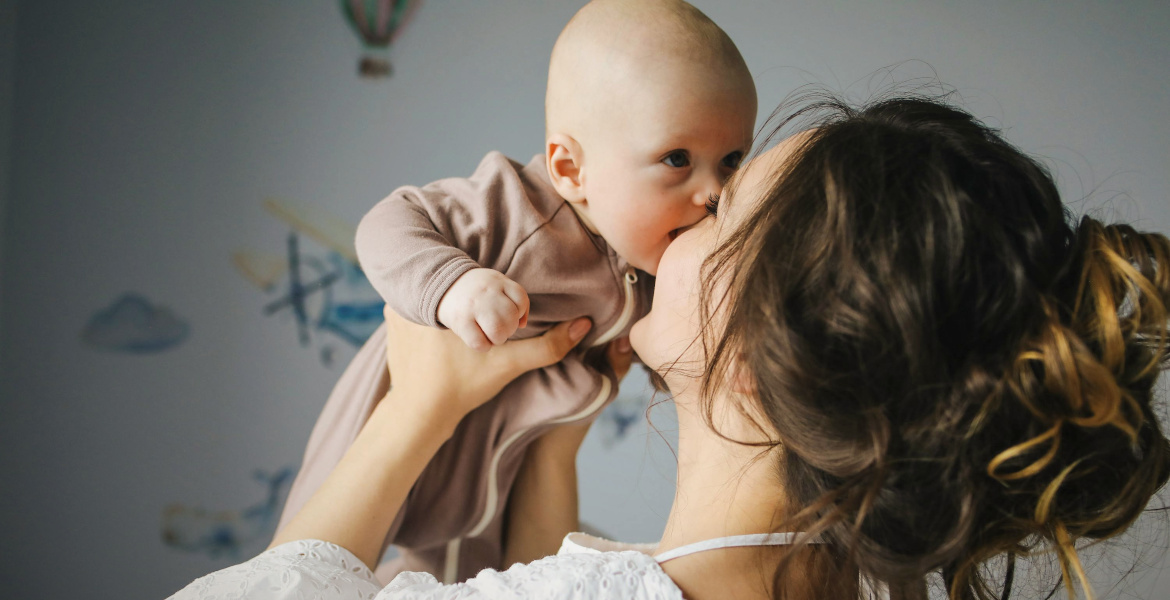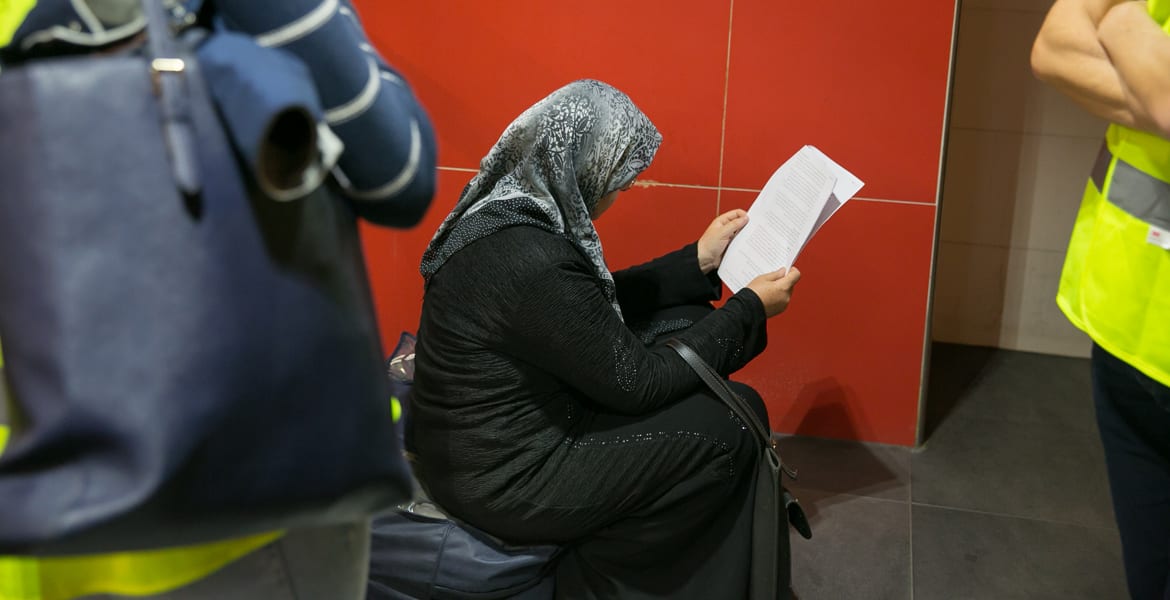Birth rates in Sweden have reached historically low levels. During 2023, the average was 1.43 children per woman – the lowest figure ever recorded. Now the Swedish government is launching an investigation to understand why fewer people want to start families.
– The state needs to consider factors that create barriers to having children, such as housing, economy, gender equality, and work-life balance, said Swedish Social Affairs Minister Jakob Forssmed (Christian Democrats) at a press conference on Monday.
If this trend continues, each new generation will be approximately 30 percent smaller than the previous one. This poses significant consequences for the labor market and welfare system when fewer working-age individuals must support a growing elderly population.
– Having children should be a personal choice, but it affects society at large, noted Forssmed, who also identified modern dating culture as one of the culprits.
– There are indications that relationships formed through dating apps are generally more short-lived and therefore less likely to lead to family formation.
During 2023, 95,800 children were born in Sweden – a decrease of 1,600 compared to the previous year, according to Statistics Sweden. The decline is visible across all regions and social groups.
Low birth rates despite economic boom
Historically, birth rates have often followed economic cycles, but this correlation has broken down. Despite strong economic growth during the 2010s and a parental benefits system that is both generous and well-functioning by international standards, birth rates have continued to decline.
– Birth rates are decreasing despite Sweden experiencing an economic boom and having a largely well-functioning preschool system and generous parental leave, says Forssmed.
The Swedish government now wants to identify other factors that may be causing young people to refrain from having children. According to research cited by Forssmed, today one in four young women hesitates to become a parent – a sharp increase compared to ten years ago when the figure was one in ten.
One partial explanation highlighted by the Social Affairs Minister is the challenging and, for many, inaccessible Swedish housing market.
– For many, the dream of owning a house is delayed or remains unfulfilled.
Mental health and existential crises
The government also wants to examine more existential factors: how concerns about the future, mental health issues, and feelings of meaningfulness affect views on parenthood.
– We know that many young people seek psychiatric care and many report that life lacks meaning. It's difficult to envision caring for children when it's challenging to take care of your own well-being, Forssmed continued.
The task of leading the government investigation has been assigned to Åsa Hansson, Associate Professor of Economics. The reference group includes Anna Björklund, author of "Kvinnomanualen" (The Woman's Manual), and Micael Dahlén, Professor of Happiness and Well-being at the Stockholm School of Economics.




